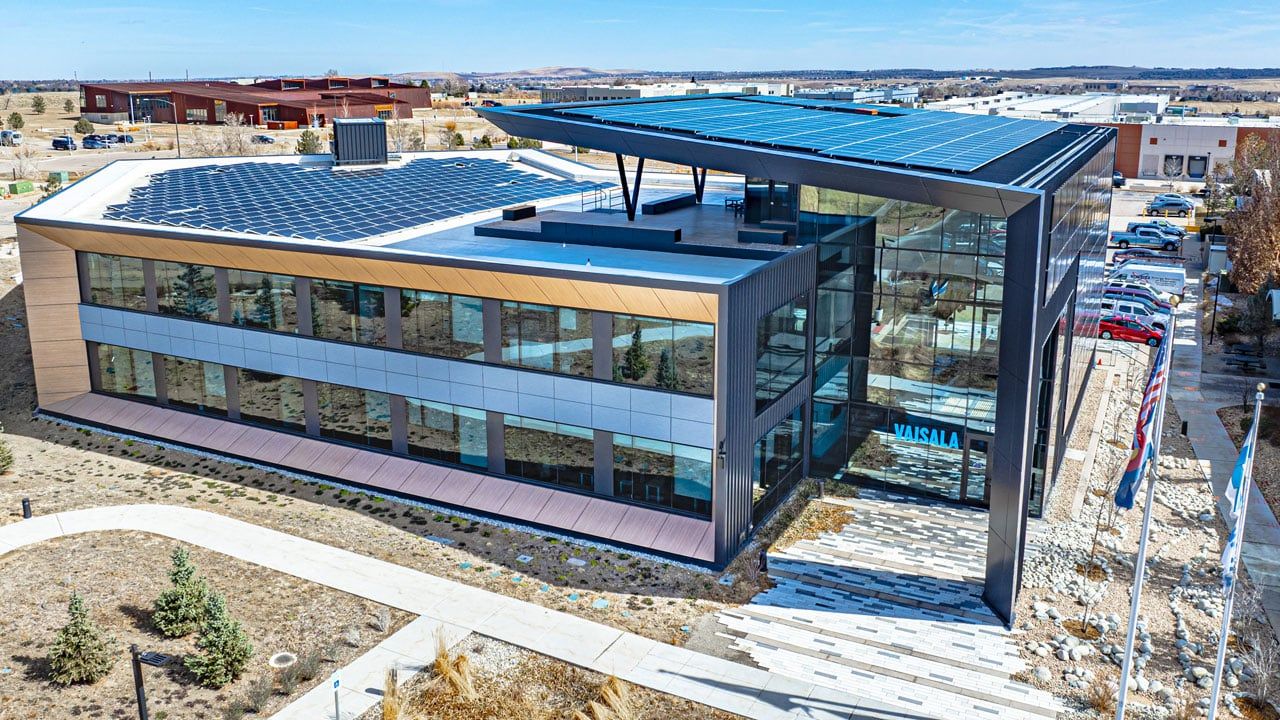Mental health centers struggle with more need
In the midst of all the debate about health-care reform at the federal and state level and ongoing attempts to balance the state budget, concern about adequate funding for mental health services has been little more than a quiet voice in the background.
But local mental health treatment officials say they’re worried that further trimming of state spending for mental health programs – particularly community-based public programs – will result in deep cuts in staffing, fewer clients being helped and more people slipping through the cracks and possibly into incarceration where the cost of care to the taxpayer is much higher.
Wayne Maxwell, executive director of North Range Behavioral Health in Greeley, says community-based programs like North Range and the Larimer Center for Mental Health in Fort Collins are continually struggling to obtain enough funding to deal with increasing numbers of people who need their services.
SPONSORED CONTENT
Commercial Solar is a big investment, but not an overwhelming one
Solar offers a significant economic benefit for commercial property owners while also positively impacting the environment and offering a path to compliance for new municipal requirements like Energize Denver. A local, experienced solar installer will help you navigate the complexities of commercial solar to achieve financial success for your project.
The ongoing recession is cited as one of the main reasons why community mental health centers have seen their caseloads skyrocket over the past year. North Range, for example, is seeing 20 percent more people than last year.
Maxwell noted that state budget cuts this year have already resulted in 57 North Range employees being laid off since July 1. “That’s a huge impact to this community,” he said. “It affects our clients, too, with our remaining staff having to see more people and that has an impact on their case.”
But that was just the first wave. State lawmakers still must figure out how to cut an additional $240 million-plus to balance a budget that some say is already down to the bone.
“We’re afraid they’re going to cut us even more,” Maxwell said. “They have no more tricks, no more stimulus funds to backfill. I’m really worried we’re going to lose more of our funding, and we’re talking about people’s lives.”
Things aren’t any better in Larimer County, where the Larimer Center for Mental Health is the primary provider of mental health and substance abuse services. Emily Dawson Petersen, Larimer Center spokeswoman, says the center is seeing about 2,000 more clients than it did a year ago with less funding.
“The state has cut 2.5 percent of the Medicaid budget to community health centers like the Larimer Center and North Range,” she said. “That will certainly have an impact. We have been relatively insulated from cuts so far, but our Medicaid numbers are going through the roof.”
Below national average
According to information from the Larimer Center, public funding per capita for mental health care in Colorado is already 21 percent below the national average. And Larimer residents turned down a ballot initiative last November that would have provided funding for badly needed longer-term residential facilities, particularly for substance abuse clients.
One recent bright spot in the local mental health picture took place on Sept. 28 when North Range dedicated its 39-bed Merle Evans Center, which integrates mental health and substance abuse services for residents of Weld and Larimer counties in an existing building that cost $600,000 to renovate.
But a dark cloud is hanging over community mental health centers as the state continues to wrestle with the budget. North Range’s Maxwell is fearful that what happened in 2002 – the last time deep cuts were made at the state level – might be repeated in 2009.
As a result of those cuts, people who could perhaps have been helped to avoid incarceration for mostly petty crimes ended up in some part of the state criminal justice system, where they are less likely to receive effective treatment and the cost of housing is much higher.
According to figures by the Colorado Behavioral Healthcare Council, it costs an average of $3,109 annually to treat a person in a community mental health center compared to an average of $28,759 to house them in a state prison facility.
And that has mental health officials like Maxwell feeling very nervous about the future.
“The situation now is we currently can’t meet all of the treatment needs,” he said. “We’re part of the safety net for the uninsured and the underinsured and we’re concerned that, with the shortfall in the state, our current funding will be even lower. I’m afraid that shortsightedness to spend a dollar in funding today will cost us many more dollars tomorrow.”
Steve Porter covers health care for the Northern Colorado Business Report. He can be reached at 970-221-5400, ext. 225, or at sporter@ncbr.com.
In the midst of all the debate about health-care reform at the federal and state level and ongoing attempts to balance the state budget, concern about adequate funding for mental health services has been little more than a quiet voice in the background.
But local mental health treatment officials say they’re worried that further trimming of state spending for mental health programs – particularly community-based public programs – will result in deep cuts in staffing, fewer clients being helped and more people slipping through the cracks and possibly into incarceration where the cost of care to the taxpayer is much higher.
Wayne…
THIS ARTICLE IS FOR SUBSCRIBERS ONLY
Continue reading for less than $3 per week!
Get a month of award-winning local business news, trends and insights
Access award-winning content today!

